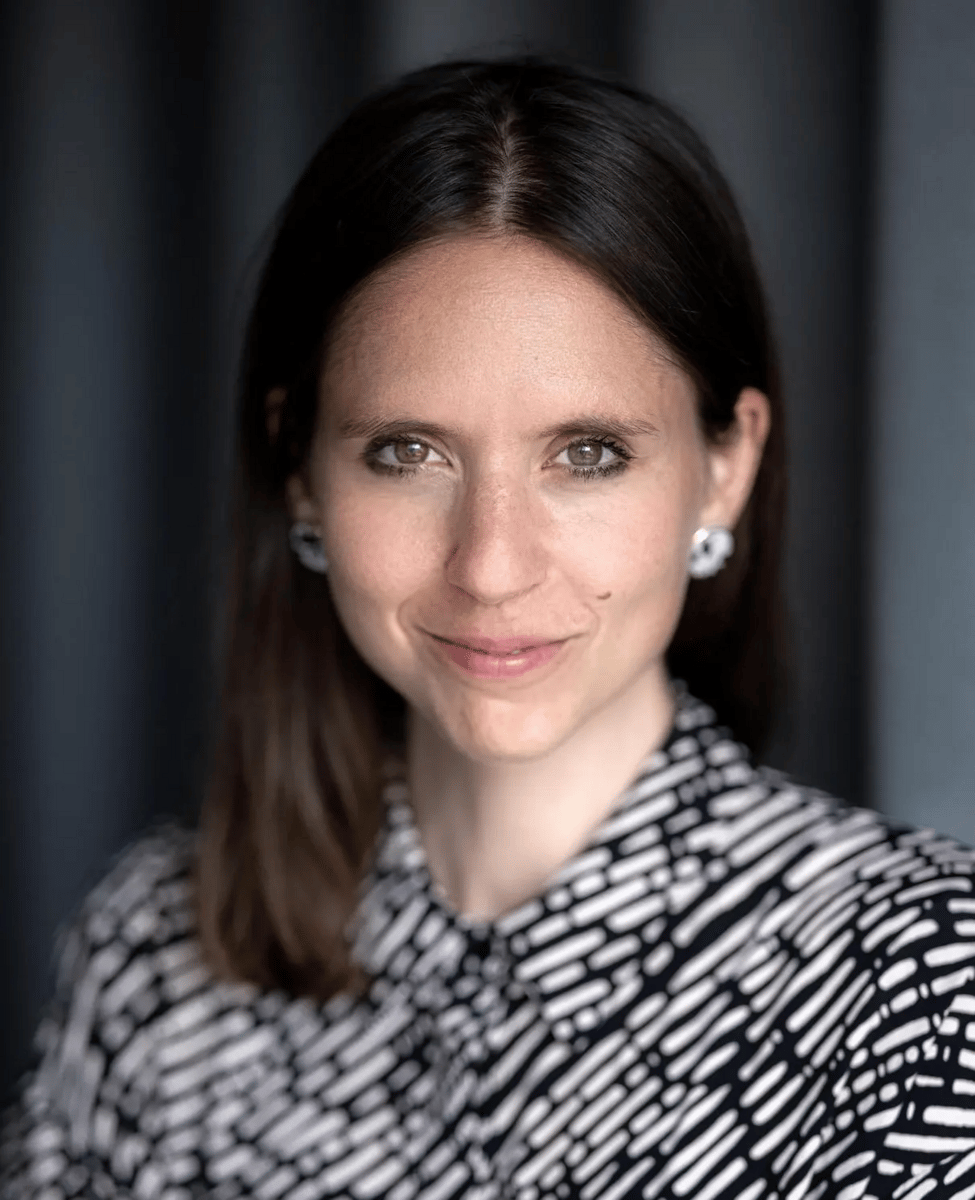Dear hustlers, founders, operators and visionaries,
OKRs - three letters that often spark either enthusiasm or dread in the startup world.
In this episode, we sit down with Omid Akhavan, a seasoned OKR coach and founder of Lucid Outcomes, to unpack why this framework can make or break your strategy execution. Omid doesn't just offer definitions - he dissects common myths, shares field-tested practices, and delivers honest truths about what it really takes to keep OKRs alive beyond the first quarter. Exclusively for our newsletter subscribers, Omid has shared additional insights below.
In the meantime: Follow the Gradient and stay tuned!
PS: Has this e-mail been forwarded to you? Sign up here.
How to use OKRs to scale up your business
What you will get out of this episode
In our conversation, Omid shares:
How to know when your startup is ready to implement OKRs - and when it's too early
Why OKRs are not just for tech giants and how they apply across all industries
How to avoid the biggest OKR failure point: setting and forgetting
Why OKRs should influence performance - but not determine your bonus
And much more!
Our main take away’s
OKRs thrive on timing and context: Startups don’t need OKRs from day one. Omid explains that the framework becomes truly valuable once a company scales beyond the MVP stage and begins structuring into departments or cross-functional teams. Early implementation can stifle agility; timely adoption can supercharge alignment.
OKRs are not a strategy substitute: One of the biggest missteps companies make is treating OKRs as a workaround for not having a clear strategy. Omid cautions that while OKRs can function without a polished strategy document, they work best when guided by a clear, shared direction.
Check-ins are the secret to sustainability: The biggest OKR failure mode? Set and forget. Omid underscores the need for frequent check-ins, leadership visibility, and shared ownership to ensure OKRs stay active throughout each cycle. This is a culture, not a task.
OKRs and KPIs are complementary, not interchangeable: Many teams confuse these tools or try to replace one with the other. Omid draws a sharp distinction: KPIs measure health, while OKRs drive focused change. Knowing when to use each - and how they interact - is essential to avoid vanity metrics or misaligned goals.
Incentives are tricky but necessary: Should OKRs influence compensation? Omid recommends to apply extreme caution. Directly tying bonuses to stretch goals can backfire. Instead, he recommends a more nuanced performance model that incorporates OKRs as one part of a broader evaluation.
Additional material on the topic
Our conversation with Scandit Co-Founder Christopf Roduner on how they used OKRs to scale successfully
How to reach out to Omid
Exclusive from Omid
What’s one unconventional piece of OKR wisdom you wish more startups/companies knew?
While OKRs are Outcome-based and the acronym doesn’t mention Actions or Initiatives (which are Output-based), a surprisingly common reason organizations fail to achieve their OKRs is the lack of proper Action Planning. You may set perfect goals and targets, but if teams don’t know how those goals should be achieved or what’s required from other teams or leadership to achieve them, you’ll most likely discover - too late in the cycle - that you’re falling. My advice: integrate Action Planning in your OKRs framework.
How do you address people’s concerns that OKRs will add more targets and workload for them?
When implemented “correctly”, OKRs don’t add more work, they actually reduce it! Not only do they improve productivity and morale by increasing alignment, accountability, transparency, and cross-functional collaboration, they also help teams focus on common goals/priorities that matter the most, giving them rationale/authority to pause, cancel, or postpone non-priority work. In fact, OKRs typically highlight a good portion of what you are already doing and what drives your current KPIs/goals.
How do you respond to founders who complain about the time and effort required to write OKRs?
Do this now, thank me later! Invest heavily (in terms of time and effort) before the start of each cycle in crafting effective OKRs, aligning them across teams, identifying dependencies/requirements, and planning key initiatives. The upfront investment - done right - will give you a huge return throughout the cycle. Just imagine what would happen if you set objectives that are not a priority, pick wrong metrics/targets and not plan for them, not anticipate requirements/dependencies, fail to align teams properly, etc.
When it comes to your consulting/coaching business, what are your top 3 criteria for success?
Empowering people to define and achieve clear, aligned, and measurable outcomes
Creating a lasting impact - both short and long-term - across the whole organization
Delivering tangible value to founders and leadership, reflected in the testimonials they offer
What habits, activities, or rituals keep you sane and healthy?
Meditation, therapy, sports and exercise, Tai Chi, long walks, a healthy diet, intermittent fasting, nature visits, no screens 1hr before/after sleep, soundless mobile notifications, minimal social media presence, high quality meaningful relationships, and so forth. It’s like a system that works great for me.
What resources do you recommend for founders who want to learn more about OKRs?
Feel free to reach out to me on Linkedin as the resources I’d recommend depend on your current knowledge/experience level, role, and company type/size. That said, the key to mastering OKRs isn’t deep theoretical learning. It’s about minimal training and a lot of execution, field experience, and coaching.

Follow the Gradient is a weekly newsletter and podcast by the serial founders Melanie Gabriel & Christian Woese about how to build a business in Europe while staying sane.










